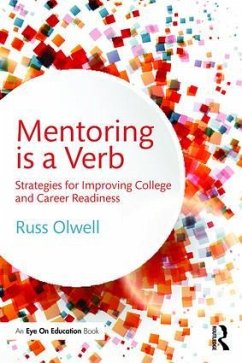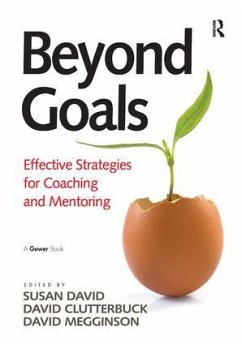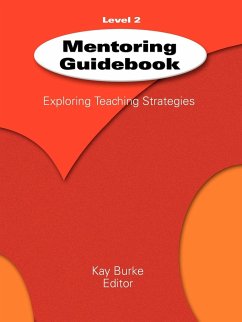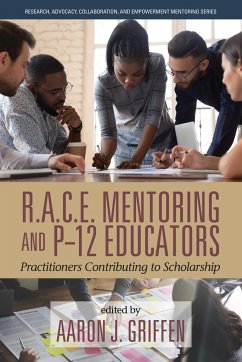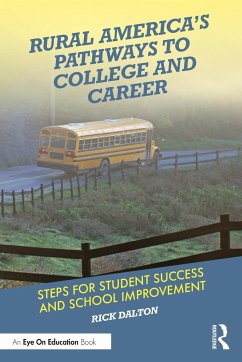
Mentoring is a Verb
Strategies for Improving College and Career Readiness
Versandkostenfrei!
Versandfertig in 1-2 Wochen
109,99 €
inkl. MwSt.
Weitere Ausgaben:

PAYBACK Punkte
55 °P sammeln!
This accessible guide provides school leaders with strategies to foster a culture where educators engage with young people to encourage college readiness and career success.





